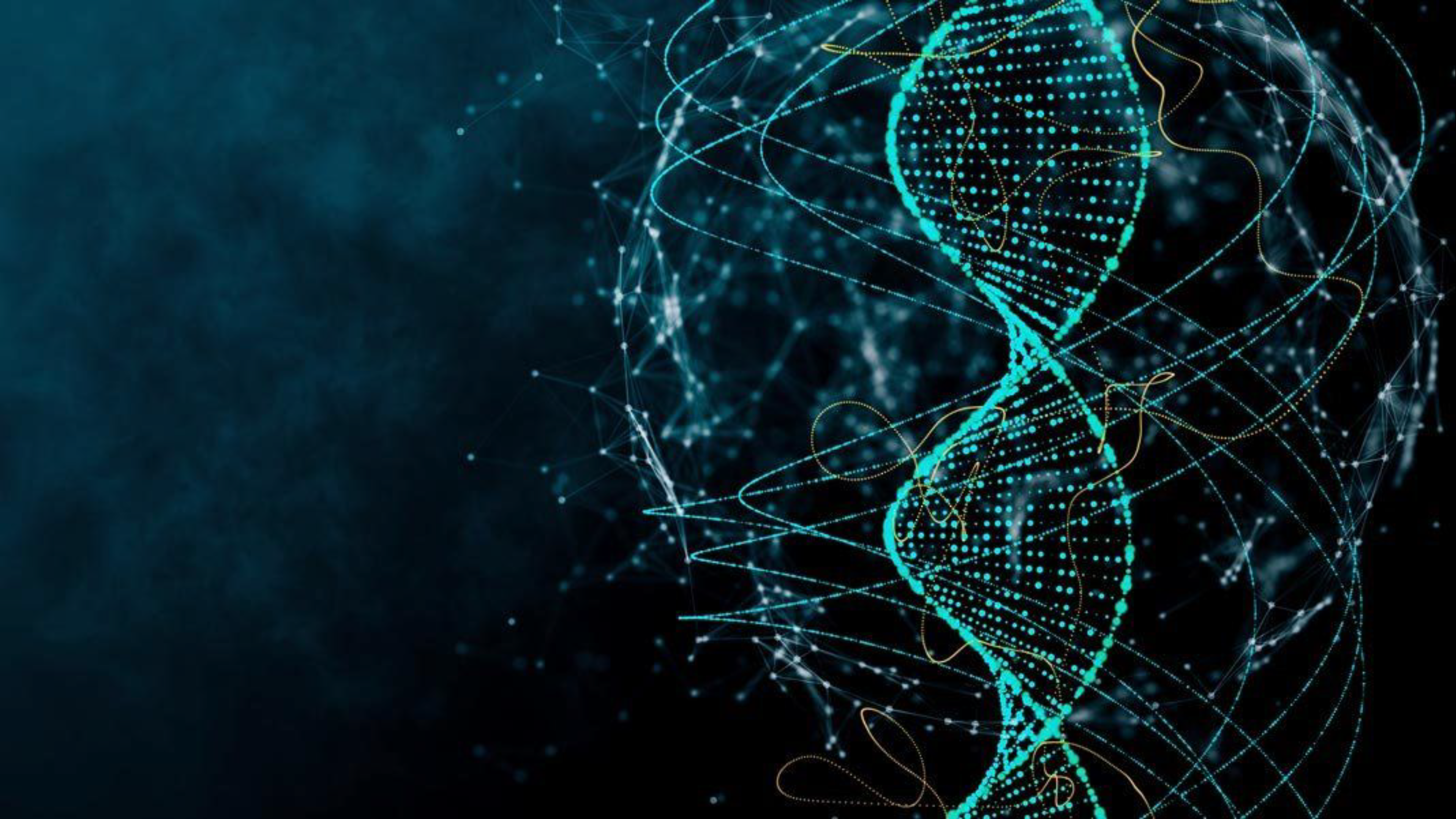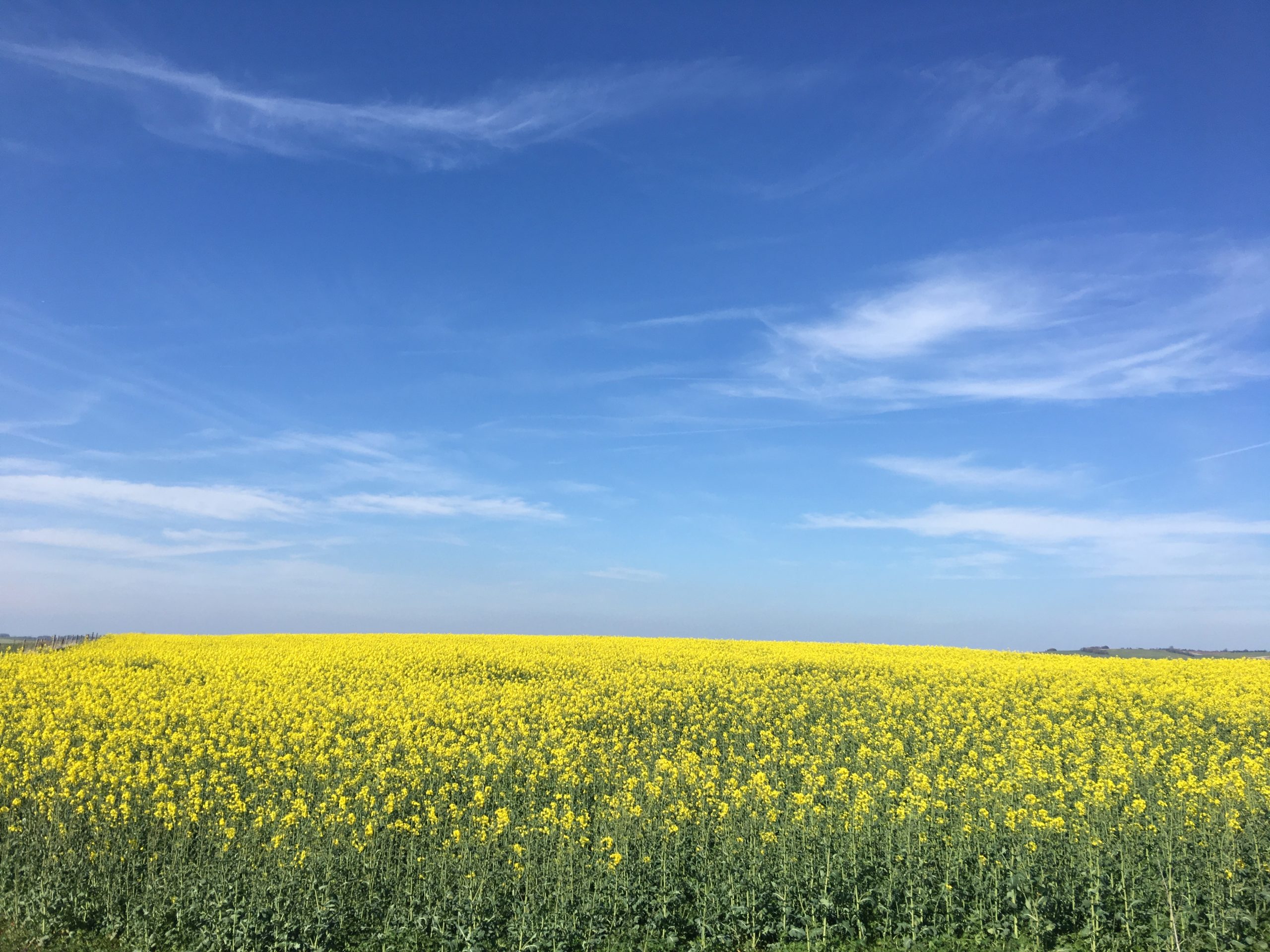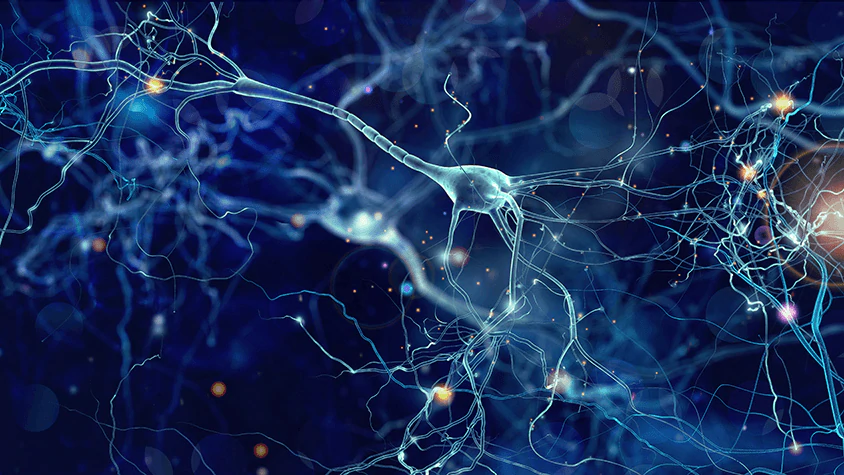There has been a steady rise in Attention-deficit/hyperactivity disorder (ADHD) patients during the last 20 years with adult diagnosis doubling in the last decade. With up to a 91% heritability, and the fact that ADHD can be brought on by environmental factors, this isn’t a problem that’s going to go away… it’s only going to get worse.
Eachday is a digital health therapeutic company backed by Carnegie Mellon. Composed of UC Berkeley, Carnegie Mellon, Google Highmark and IDEO alumni, Eachday blends technology with medical and academic excellence to deliver evidence-based support for adolescents and adults with ADHD.
The company is the first to digitize executive function training, delivered via their self-management app that tracks users’ behaviors and interests, such as task completion, cognitive failures, and self-reported symptoms, to create a personalized “ADHD Profile.” Then, using data and neuroscience, Eachday provides individualized tools and evidence-based techniques to help users better understand their mind, visualize time, and craft routines that reduce the cognitive burden of completing day-to-day activities and help eliminate ADHD symptoms as they occur. Eachday recently completed their first clinical discovery study and is seeking their seed round to conduct clinical trials.

Single-cell genomics has continued to undergo enormous progress since its inception more than a decade ago. Named twice as Method of the Year by the journal Nature, it continues to evolve with this innovation delivered by ArgenTag.
ArgenTag has developed the first truly scalable single-cell solution for long-read sequencers.
The company has fundamentally changed the economics of single-cell sequencing. ArgenTag has supplanted previous methodologies utilizing expensive Next-Generation sequencers, by enabling single-cell sequencing to be performed on cheaper 3rd generation long-read DNA sequencers. This paradigm shift will allow the democratization of single-cell sequencing that has hitherto been the preserve of well-funded laboratories. This powerful tool in the hands of the many will profoundly affect how biomedical research is performed, and will enable the invention of a myriad of new long-read applications.
The number of high-profile athletes suffering from neurodegenerative disease, the result of repeated concussions during their sports career, has raised awareness of the problems associated with recurrent concussions and the resulting brain trauma. Concussions in athletes are very common. About 3.8 million concussions occur each year in the U.S. from sports-related injuries. The CDC estimates that 5-10% of athletes will experience a concussion in any given sports season. Many of these injuries go unreported and undiagnosed, leading to mismanagement and premature return to activity. Concussion symptoms are non-specific and can be frustratingly hard to diagnose.
Conan MedTech is producing a rapid POC diagnostic test for concussions that can be performed on the sidelines. The company’s lateral flow device uses highly specific monoclonal antibodies to recognize neuronal biomarkers, which show up in saliva immediately after concussions.
During the last century, an oil economy fueled advances in chemistry creating drugs, industrial materials, food, and energy. This century is looking to the bioeconomy and engineering biology to provide more sustainable alternatives to heal, feed and fuel us.
Based on groundbreaking decarbonization research at Imperial College, CyclicBio has engineered microorganisms called cyanobacteria to convert CO2 into chemicals replacing those made by fossil fuels today. For example, their beachhead market is the $38B Flavors & Fragrances sector, starting with a range of sustainably produced lactones. Compared to current processes, CyclicBio’s technology can produce 30X less GHG emissions.
The global fungicide and bactericide market is expected to reach $28B by 2024. Between 20–30% of these chemical pesticides will soon be banned due to health concerns. Additionally, 64% of global farmland is at risk of small molecule pesticide pollution. Pressure from supermarkets and governments to reduce the usage of chemical pesticides to control agricultural pests has given way to the search for natural biological pesticide alternatives. Biopesticides often are effective in very small quantities and decompose quickly, resulting in lower exposures and largely avoiding the pollution and human health problems caused by conventional pesticides. Innatrix’s seasoned team of AgriTech professionals are working to replace agrochemical with biological pesticides for farmers. They have developed a robust pipeline for identifying novel biopesticides to control three economically important and critical pathogens, such as late blight, soybean cyst nematode and citrus greening.
Preeclampsia, a potentially fatal pregnancy condition characterized by high blood pressure and organ damage, is the second leading cause of maternal mortality worldwide, despite the condition being straightforward to treat when detected early. The current diagnosis of preeclampsia using blood pressure and proteinuria is inaccurate and requires routine clinical visits, making it inaccessible to many. Furthermore, symptoms are subtle so birthing people are often unaware of the developing complications unless they attend regular prenatal care checkups.
Kalia Health is dedicated to improving maternal health through engineering a safe, affordable, and accessible home-based early detection test for preeclampsia (PE). The lateral flow device identifies urinary biomarkers specific to PE for a more real-time diagnosis. This test will increase the number of birthing people that self-detect and seek prenatal care for PE through home diagnosis, education, and empowerment.
Every day, more food (and more resources to grow that food) is required to feed an ever-increasing world population. Consequently, reducing spoilage is becoming a vital element of any sustainable strategy.
Nat4Bio is a biotechnology platform that develops naturally-sourced and zero-residue coatings that protect fruit from spoilage. They leverage microbial fermentation of selected fungi & bacteria in order to produce natural compounds with relevant properties. Through carefully designed downstream processes, they are able to obtain cell-free compounds, meaning they use microbes’ active principles without the microbes themselves. Their first product is a natural and edible coating for fresh lemons that could potentially replace the combination of waxes and chemical fungicides. They are also working with blueberries and avocados, and their goal is to expand their portfolio to address the specific needs of all types of fruit.
Neurological disorders, like Alzheimer’s, can be challenging to diagnose, especially earlier in the disease progression when symptoms are subtle. Alzheimer’s is both under-diagnosed and misdiagnosed, resulting in delayed diagnosis and treatment on average by 2-3 years after symptom onset and only in the latter stages of the disease once it has taken hold. Based on the groundbreaking research carried out in Scott Small’s lab at Columbia University, Tesarakt uses AI and machine learning to enhance the predictive power of neurodiagnosis using conventional MRI scans, and powered with access to the largest database of MRI scans.
Parkinson’s disease & Alzheimer’s disease are the initial indications they are pursuing, with the potential to detect both diseases years before first symptoms arise.







